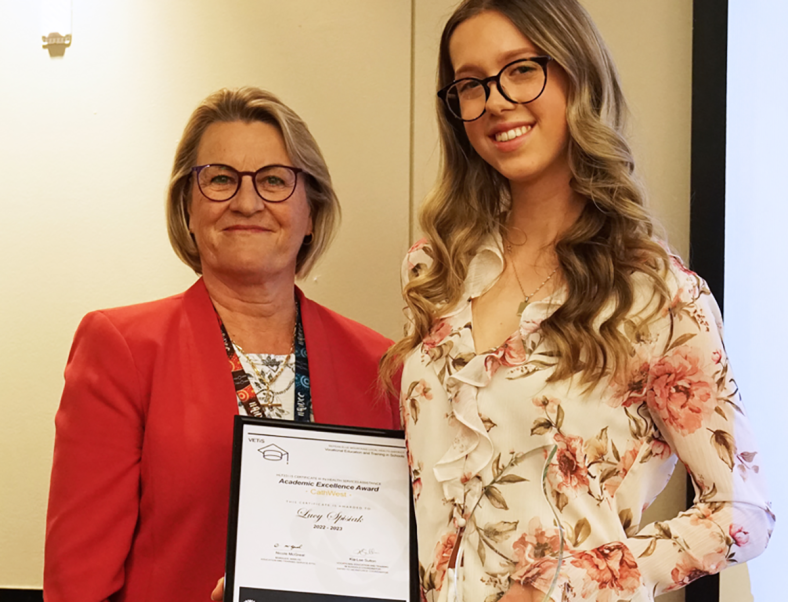A new study examining the factors that lead Australian women to have abortions has revealed those with violent partners are more than twice as likely to terminate pregnancies than those in non-violent relationships.
The research, led by La Trobe University and published in the Australian and New Zealand Journal of Public Health, has led the authors to call for better training and resources to help clinicians identify and help women experiencing partner violence.
The researchers used data from five surveys of more than 9000 Australian women collected as part of the Australian Longitudinal Study of Women’s Health to investigate what factors affect women having abortions at different stages of their reproductive life and whether this changes as they age and over time.
Lead author, Professor Angela Taft from La Trobe’s Judith Lumley Centre, said the data showed 16 per cent had an abortion by the last survey in 2009, when the average age of the women was 34. The rate of new abortions fell from 7 per cent in their early 20s to 2-3 per cent in their 30s.
“Women who reported partner violence in their 20s and in 30s were more than twice as likely to have an abortion compared to those who did not report violence, while those who had used illicit drugs in the previous 12 months were three times as likely to terminate compared to non-users.”
The researchers noted the rates might be higher as some women may be reluctant to report violence and drug use or may have dropped out of the longitudinal study altogether.
“It’s clear that abortion in Australia is strongly associated with factors that affect women’s control over their reproductive health,” Professor Taft said.
“If we want to reduce the rate of unplanned pregnancies and abortion in Australia we need to focus on helping vulnerable women and giving them back control of their fertility.
“Our recommendation is for clinicians in all health services to be trained to identify partner violence and illicit drug use among women with unwanted pregnancies and respond in a non-judgemental way, offer support as well as providing advice on effective contraception use.”
The researchers, from La Trobe University, Monash University, the University of Queensland and the University of Canterbury in New Zealand, examined a number of factors associated with abortion, including contraception use, violence, drug and alcohol use, marital status and the number of children women they already had.
The Australian Longitudinal Study on Women’s Health is funded by the Australian Government Department of Health.








